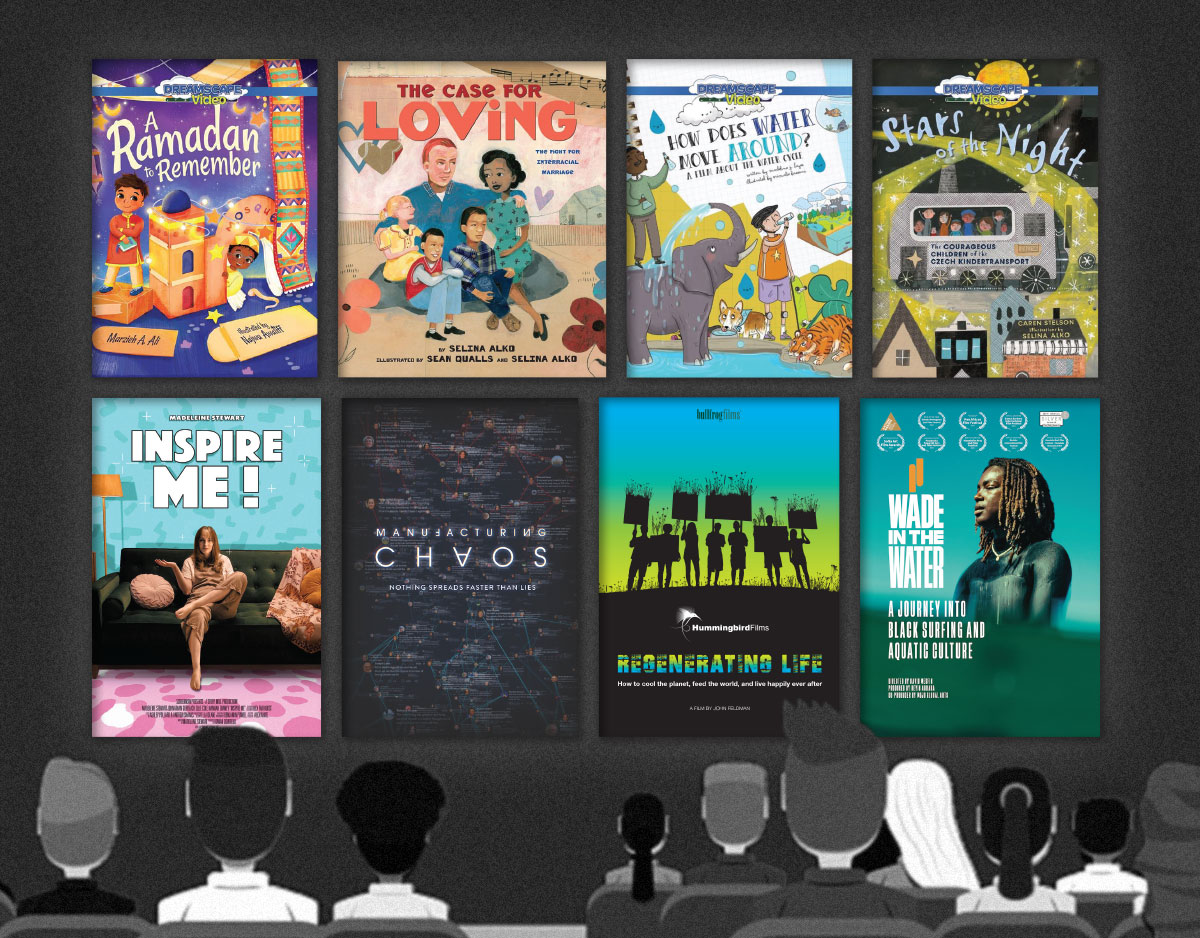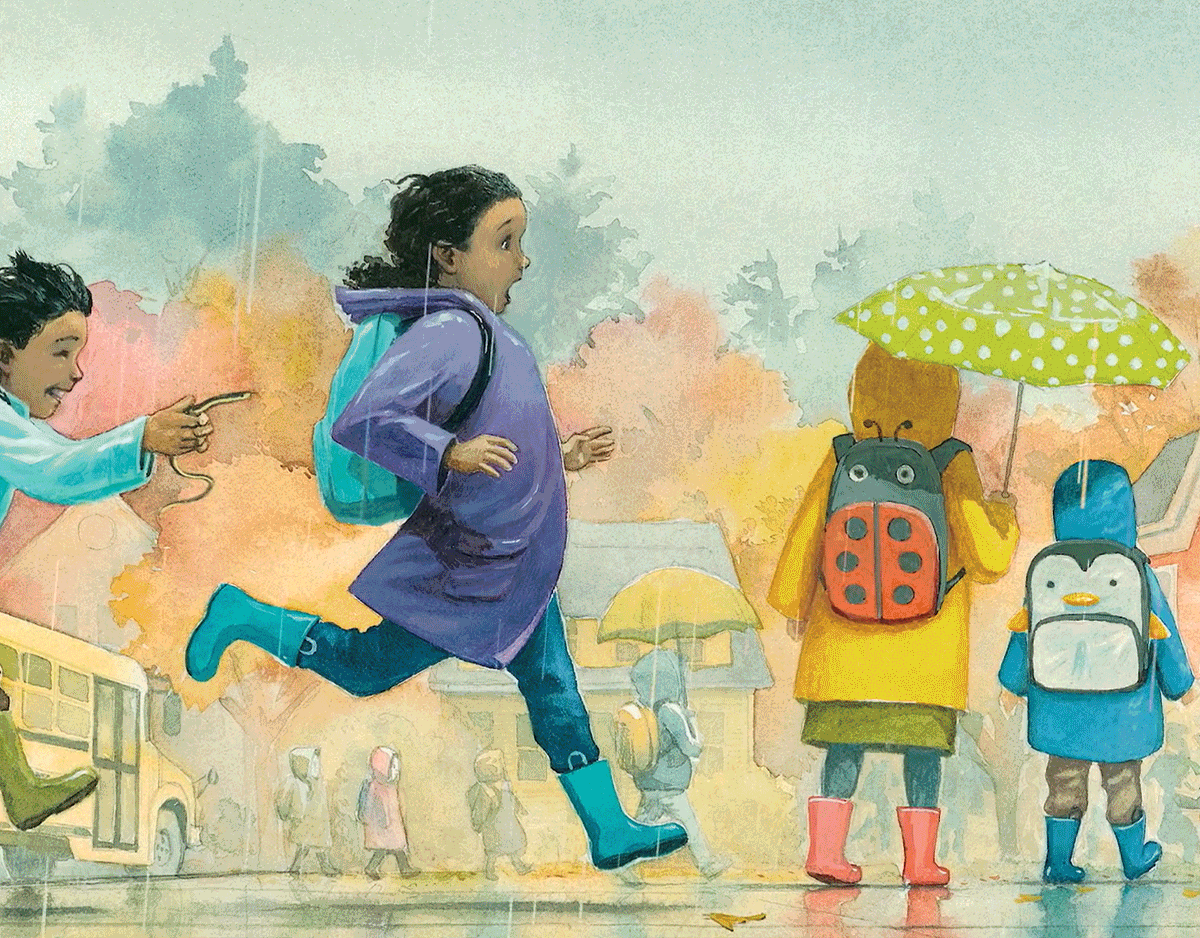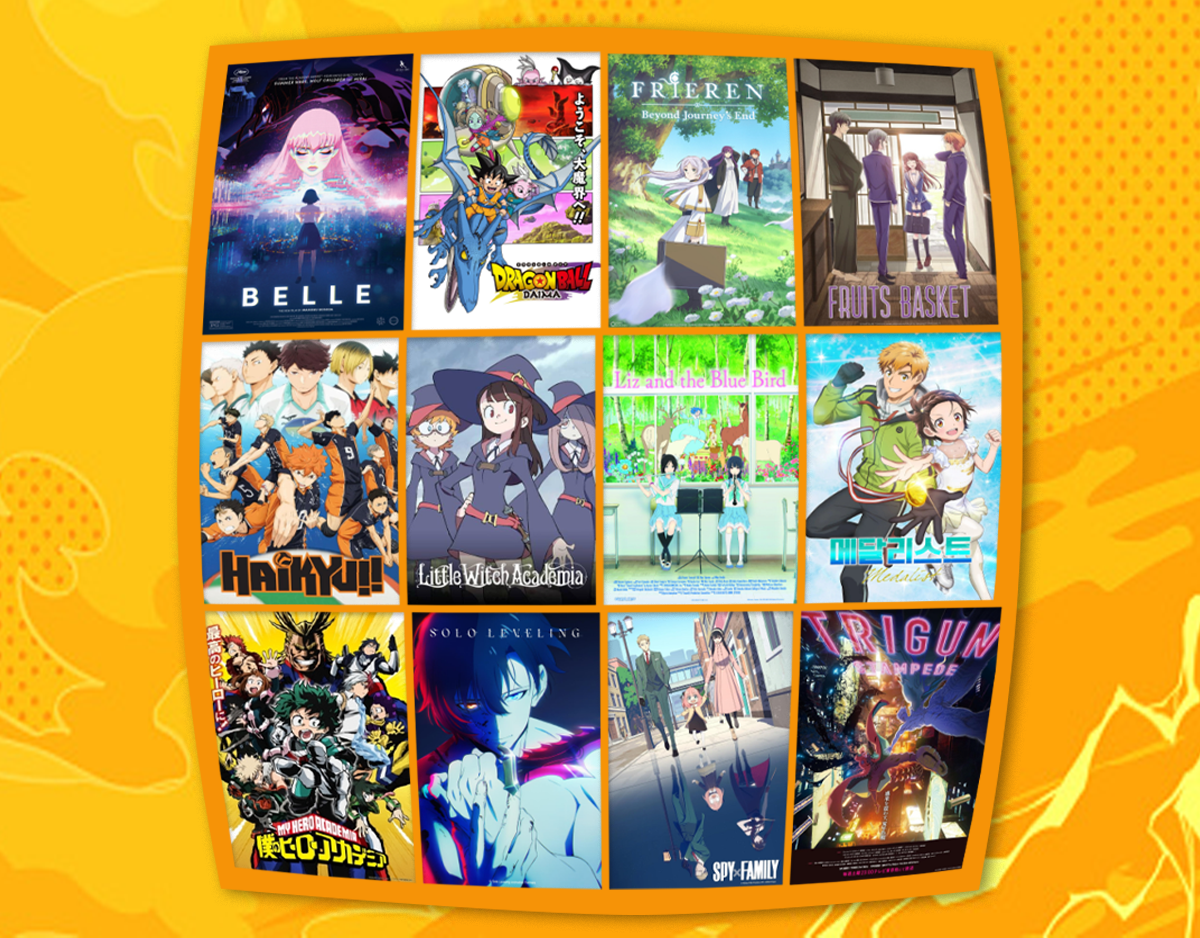For Literacy Professionals

My work is about more than books. It’s about more than promoting the books and authors, building collections, and writing reviews. It’s about how I show up in meetings and for young people. All this needs a foundation. What makes you believe that Black lives matter? That we need to read widely and diversely? What sets off an alarm when falsehoods are presented as truth? It really helps to take the time to sit with resources that stimulate and inform our intellect while reminding us why we do what we do. The following are a few informational titles I’ve read or want to read. Descriptions are from the publisher.
Antiracist Reading Revolution: A Framework for Teaching Beyond Representation Toward Liberation. by Sonja Cherry-Paul. Corwin, 2024
Dr. Cherry-Paul offers six critical lenses that help educators to adopt an antiracist teaching stance, spotlighting the importance of instruction built around love, joy, community, justice, and solidarity. Educators are invited to reflect on their instructional practices, dismantle ideologies that are barriers to students’ critical and creative thinking and cultivate identity-inspiring learning experiences where students can show up fully as themselves and recognize the full humanity of all people. This is what it means to move beyond representation to liberation.
ADVERTISEMENT
ADVERTISEMENT
Foundations of Intellectual Freedom by Emily J. Knox. ALA Neal-Schuman, 2022
Enshrined in the mission statement of ALA, intellectual freedom is one of the core values of the information professions. The importance of ensuring information access to all, and the historical, social, and legal foundations of this commitment, are powerfully explored in this essential primer. Designed to function as both an introductory text for LIS students as well as a complementary resource for current professionals, this book provides a cohesive, holistic perspective on intellectual freedom. Extending beyond censorship to encompass such timely and urgent topics as hate speech and social justice, from this book readers will gain an understanding of
- the historical and legal roots of intellectual freedom, with an in-depth examination of John Stuart Mill’s “On Liberty” and Article 19 of the U.N Declaration of Human Rights, and its central concepts and principles;
- the intersection of intellectual freedom, freedom of expression, and social justice;
- professional values, codes of ethics, ALA’s Library Bill of Rights, and Freedom to Read/View Statements;
- pro- and anti- censorship arguments and their use in impeding and facilitating access to information;
- book banning and internet filtering;
- privacy and its relationship to information services;
- U.S. case law and precedents;
- the basics of U.S. copyright law, including fair use, and how it differs from international copyright law; and
- emerging global issues and their impact on future intellectual freedom.
ADVERTISEMENT
ADVERTISEMENT
Loving Corrections by Adrienne Maree Brown. AK Press, 2024
New York Times-bestselling author adrienne maree brown knows we need each other more than ever, and offers a practice for holding collective power, righting wrongs, and generating true belonging.
Ethical, pondering, and wondrous, adrienne maree brown’s Loving Corrections is a collection of love-based adjustments and reframes to grow our movements for liberation while navigating a society deeply fractured by greed, racism, and war. In this landmark book, brown invigorates her influential writing on belonging and accountability into the framework of “loving corrections”; a generative space where rehearsals for the revolution become the everyday norm in relating to one another.
Filled with practical wisdom on how to be a trustworthy communicator while providing bold visions for a shared future, Loving Corrections can speak to everyone caught in the crossroads of our political challenges and potential. No matter how new to the struggle, or how numerous our failures, brown’s indispensable writing is an invitation to us all. Includes an afterword by Janine de Novais.
Imagination A Manifesto by Ruha Benjamin. W. W. Norton and Co., 2024.
Imagination: A Manifesto is her proclamation that we have the power to use our imaginations to challenge systems of oppression and to create a world in which everyone can thrive. But obstacles abound. We have inherited destructive ideas that trap us inside a dominant imagination. Consider how racism, sexism, and classism make hierarchies, exploitation, and violence seem natural and inevitable–but all emerged from the human imagination.
The most effective way to disrupt these deadly systems is to do so collectively. Benjamin highlights the educators, artists, activists, and many others who are refuting powerful narratives that justify the status quo, crafting new stories that reflect our interconnection, and offering creative approaches to seemingly intractable problems.
Imagination: A Manifesto offers visionary examples and tactics to push beyond the constraints of what we think, and are told, is possible. This book is for anyone who is ready to take to heart Toni Morrison’s instruction: “Dream a little before you think.”
(Be sure to also check out her essay, “The New Artificial Intelligentsia”)
The Message by Ta-Nehisi Coates. One World, 2024
In the first of the book’s three intertwining essays, Coates, on his first trip to Africa, finds himself in two places at once: in Dakar, a modern city in Senegal, and in a mythic kingdom in his mind. Then he takes readers along with him to Columbia, South Carolina, where he reports on his own book’s banning, but also explores the larger backlash to the nation’s recent reckoning with history and the deeply rooted American mythology so visible in that city—a capital of the Confederacy with statues of segregationists looming over its public squares. Finally, in the book’s longest section, Coates travels to Palestine, where he sees with devastating clarity how easily we are misled by nationalist narratives, and the tragedy that lies in the clash between the stories we tell and the reality of life on the ground.
Written at a dramatic moment in American and global life, this work from one of the country’s most important writers is about the urgent need to untangle ourselves from the destructive myths that shape our world—and our own souls—and embrace the liberating power of even the most difficult truths.
Freedom is a Constant Struggle: Ferguson, Palestine, and the Foundations of a Movement by Angela Y. Davis. Haymarket Books, 2016
In these newly collected essays, interviews, and speeches, world-renowned activist and scholar Angela Y. Davis illuminates the connections between struggles against state violence and oppression throughout history and around the world.
Reflecting on the importance of black feminism, intersectionality, and prison abolitionism for today’s struggles, Davis discusses the legacies of previous liberation struggles, from the Black Freedom Movement to the South African anti-Apartheid movement. She highlights connections and analyzes today’s struggles against state terror, from Ferguson to Palestine.
Facing a world of outrageous injustice, Davis challenges us to imagine and build the movement for human liberation. And in doing so, she reminds us that “Freedom is a constant struggle.”
Original Sins: The (Mis)education of Black and Native Children and the Construction of American Racism by Eve L. Ewing; One World, 11 Feb 2025
In Original Sins, Ewing demonstrates that our schools were designed to propagate the idea of white intellectual superiority, to “civilize” Native students and to prepare Black students for menial labor. Education was not an afterthought for the Founding Fathers; it was envisioned by Thomas Jefferson as an institution that would fortify the country’s racial hierarchy. Ewing argues that these dynamics persist in a curriculum that continues to minimize the horrors of American history. The most insidious aspects of this system fall below the radar in the forms of standardized testing, academic tracking, disciplinary policies, and uneven access to resources.
By demonstrating that it’s in the DNA of American schools to serve as an effective and underacknowledged mechanism maintaining inequality in this country today, Ewing makes the case that we need a profound reevaluation of what schools are supposed to do, and for whom. This book will change the way people understand the place we send our children for eight hours a day.
How We Do It Black Writers on Craft, Practice, and Skill by Jericho Brown and Darlene Taylor. Amistad, 2023
For centuries, Black creators have utilized oral and written storytelling traditions in crafting their art. But how does one begin the process of constructing a poem or story or character? How do Black writers, when faced with questions of “authenticity,” dive deep into the essence of their lives and work to find the inherent truth? How We Do It addresses these profound questions. Not a traditional “how to” writing handbook, it seeks to guide rather than dictate and to validate the complexity and range of styles—and even how one thinks about craft itself.
An outstanding list of contributors offer their insights on a range of important topics. Pulitzer Prize winner Jericho Brown explores the lives personified in poetry, while Pulitzer Prize winner Natasha Trethewey explores decolonizing enduring metaphors. National Book Award finalist Angela Flournoy illuminates the pain of grief in all forms and how it can be revealed in the act of creation, and iconoclast Nikki Giovanni offers an elegiac declaration on language.
The 100 Best African American Poems ed. By Nikki Giovanni. Sourcebooks Mediafusion, 2010
The 100 Best African American Poems is a riveting exploration of African American life, culture, and history, as seen through the lens of poetry. The anthology spans different periods and styles, showcasing the richness and variety of African American poetic expression.
From legendary poets like Langston Hughes and Maya Angelou to contemporary voices pushing the boundaries of poetic art, Giovanni’s expertly curated selection provides a comprehensive view of the African American poetic tradition. Each poem is a lyrical journey that invites readers to engage with poignant themes, stirring narratives, and powerful emotions.
Knowledge Justice Disrupting Library and Information Studies through Critical Race Theory ed. Bu Sofia Y. Leung and Jorge R. Lopez-McKnight. The MIT Press, 2021
n Knowledge Justice, Black, Indigenous, and Peoples of Color scholars use critical race theory (CRT) to challenge the foundational principles, values, and assumptions of Library and Information Science and Studies (LIS) in the United States. They propel CRT to center stage in LIS, to push the profession to understand and reckon with how white supremacy affects practices, services, curriculum, spaces, and policies.
Black Women Writers 1950-1980 ed. by Mari Evans. Anchor, 1984
This unique volume provides each writer’s reflection on her work, an evaluation of that writer by two perceptive critics, and detailed biographical and bibliographical data. Included are Maya Angelou, Toni Cade Bambara, Nikki Giovanni, Toni Morrison, Alice Walker, and ten other outstanding writers.
Filed under: Book List, Book Lists, Uncategorized
About Edith Campbell
Edith Campbell is Librarian in the Cunningham Memorial Library at Indiana State University. She is a member of WeAreKidlit Collective, and Black Cotton Reviewers. Edith has served on selection committees for the YALSA Printz Award, ALSC Sibert Informational Text Award, ALAN Walden Book Award, the Walter Award, ALSC Legacy Award, and ALAN Nielsen Donelson Award. She is currently a member of ALA, BCALA, NCTE NCTE/ALAN, REFORMA, YALSA and ALSC. Edith has blogged to promote literacy and social justice in young adult literature at Cotton Quilt Edi since 2006. She is a mother, grandmother, gardener and quilter.
ADVERTISEMENT
ADVERTISEMENT
SLJ Blog Network
Review of the Day: Freya and the Snake by Fredrik Sonck, ill. Jenny Lucander
Love in the Palm of His Hand, vol. 1 | Review
When Book Bans are a Form of Discrimination, What is the Path to Justice?
Book Review: The Dead of Summer by Ryan La Sala
ADVERTISEMENT







What a great list. I’d love to read some of these with educators.
Thank you for the book recommendations! I’m especially excited about LOVING CORRECTIONS and IMAGINATION: A MANIFESTO because I wasn’t aware of them before.
Thank you for this list, especially the Jericho Brown book, which I had missed!!